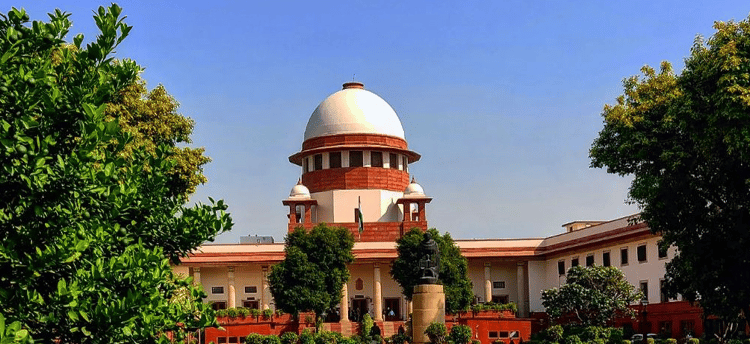"Judicial Delays in Bail Applications: Supreme Court Emphasizes Adherence to Guidelines"
Blog post description.


Introduction:
The Supreme Court, in a recent order, addressed concerns over delays in the disposal of bail applications, emphasizing the need for expeditious hearings. The case involved a compliance report submitted by the Registrar General of the Patna High Court, following an earlier order from the Supreme Court on a writ petition related to an anticipatory bail matter.
Court's Previous Order:
On 28.11.2023, the Supreme Court had granted permission to withdraw a Special Leave Petition, dismissing it as withdrawn. However, during the proceedings, the Court expressed surprise over the delay in the High Court's judgment on the anticipatory bail matter and directed the Registrar General to submit a detailed report.
Registrar General's Report:
The Registrar General's report revealed that the matter had been heard and reserved for judgment on 07.04.2022, and the judgment was released on 04.04.2023, almost a year later.
Supreme Court's Observations:
Expressing concern over the delay in the disposal of bail applications, the Supreme Court referred to previous judgments and guidelines issued on the expeditious delivery of judgments. The Court cited directions from R.C. Sharma vs. Union of India (1976) and Anil Rai vs. State of Bihar (2001) and emphasized the need to adhere to these guidelines.
Recent Directive:
Citing a recent decision in Satendra Kumar Antil vs. Central Bureau of Investigation and Anr. (2022), where the Court directed the disposal of bail applications within two weeks, the Supreme Court reiterated the importance of timely decisions. The Court stated that anticipatory bail applications should be disposed of within six weeks.
Emphasis on Adherence:
Despite existing guidelines, the Court noted that delays in bail application hearings continue to occur. The Court directed all courts to scrupulously follow the guidelines issued in previous decisions and left it to the High Courts to devise a system to monitor the monthly pendency of cases reserved for judgment.
Conclusion:
The Supreme Court's directive underscores the significance of expeditious hearings and timely disposal of bail applications. By reiterating existing guidelines and emphasizing the need for adherence, the Court seeks to address concerns related to delays in the judicial process. The order is expected to have a far-reaching impact on the timely resolution of legal matters, especially those involving bail applications.